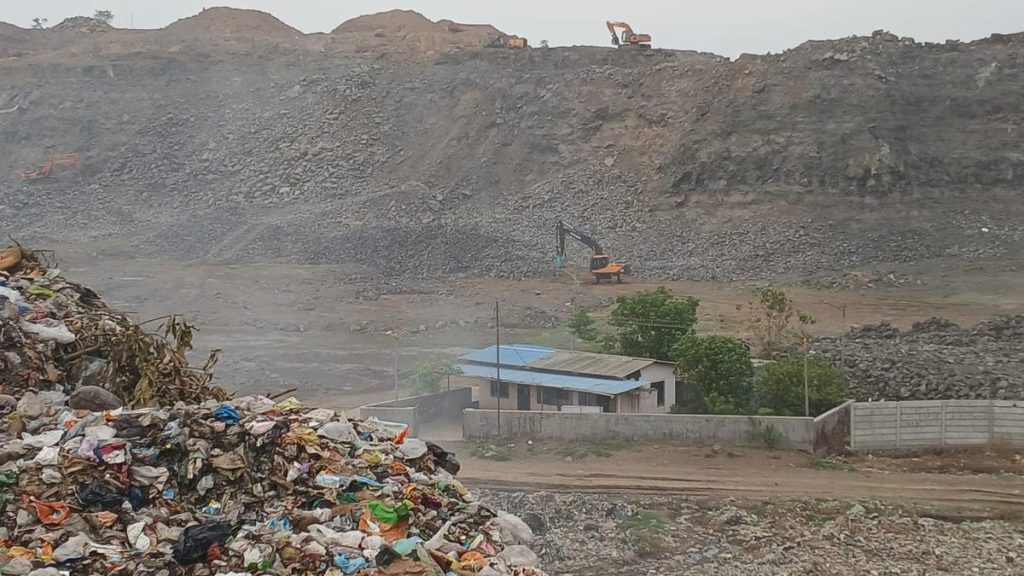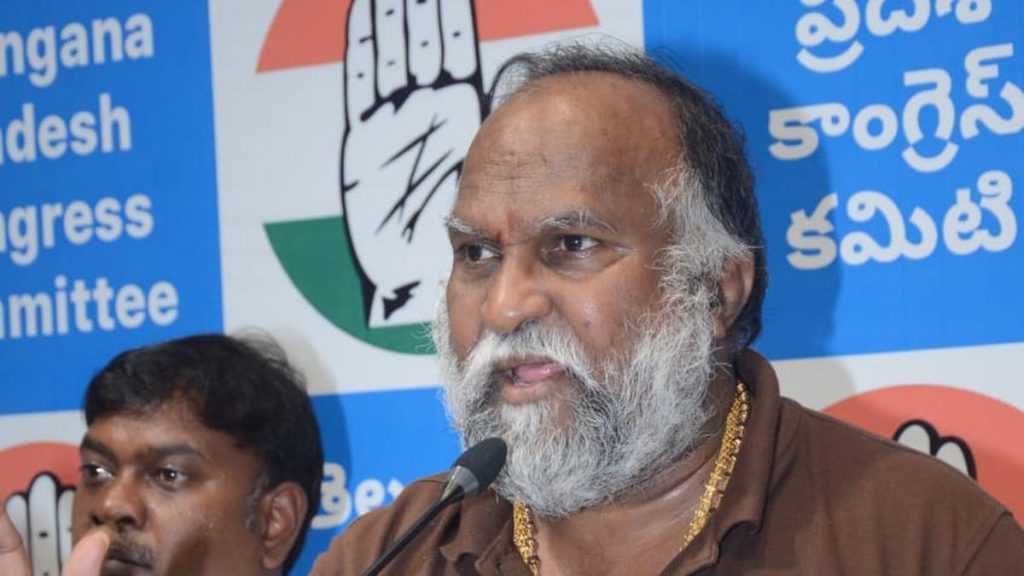Now Reading: Environmental Report on Keni Port: 600 Pages in English, Just 48 in Kannada
-
01
Environmental Report on Keni Port: 600 Pages in English, Just 48 in Kannada
Environmental Report on Keni Port: 600 Pages in English, Just 48 in Kannada
Quick Summary
- The fishing community in Keni village, Ankola (Uttara Kannada), has demanded a full version of the draft environmental Impact Assessment (EIA) translated into Kannada for a proposed commercial port by JSW Infrastructure.
- The English EIA report consists of 600 pages, while the Kannada version is only a 48-page summary, causing concerns about access to critical data for locals.
- Legal advocacy groups argue this violates the kannada Language Extensive Progress Act,2022. Only two out of seven required village panchayats received the report.
- Experts criticize discrepancies between English and Kannada versions and claim reduced study timelines compromise environmental accuracy. normally,EIA studies require one year; this study was completed in three months.
- Marine biologists flagged contradictions regarding public-private participation details and questioned the necessity of another port amidst existing and planned ports in Karnataka.
- The ₹6,515-crore project includes reclaimed land facilities across 457 acres and will displace traditional fishing grounds impacting nearly 7,500 fishers from around 2,000 nearby families. Drainage issues may cause flooding concerns due to construction impacts on Western Ghats ecosystems.
- Protest actions have included hundreds of local women jumping into the Arabian Sea earlier this year to oppose development plans.
Indian Opinion Analysis
The demand for meaningful openness highlights crucial governance challenges when balancing infrastructure development with environmental and social equity. Providing an abridged summary without fully translating voluminous technical details into local languages risks alienating affected communities reliant on such information for informed participation-a cornerstone principle of democratic consultation processes.
With several existing operational ports nearby and others under expansion or planning stages within Karnataka’s coastline, skepticism regarding the need for additional investment appears well-founded. Coupled with experts noting rushed timelines that undermine data reliability for accurate impact assessments-there are valid questions surrounding procedural accountability.
The conflict underlying fisher protests further underscores how large-scale projects must prioritize equitable dialog among stakeholders representing vulnerable livelihoods before advancing initiatives likely perceived as exclusionary or harmful. If unresolved effectively under legal frameworks guaranteeing cultural language rights alongside ecosystem stewardship obligations-it remains feasible broader civil unrest perpetuates amid mistrust undermining developmental harmonization ethos vital toward India’s sustainability aspirations globally binding norms contextually anchoring negotiation rationality locally-responsive inclusivity delivering integrative progress model roles preeminence motivational credibility stature action-readiness exemplary execution pathways readiness spheres forging exemplary trajectories link-oriented benchmarks transformative example positively sorts amplified recognitions spatial templates interadapter concept sensibility upgrades planners component maximized consistency רגעים קרובים..
For further details: Read More
























